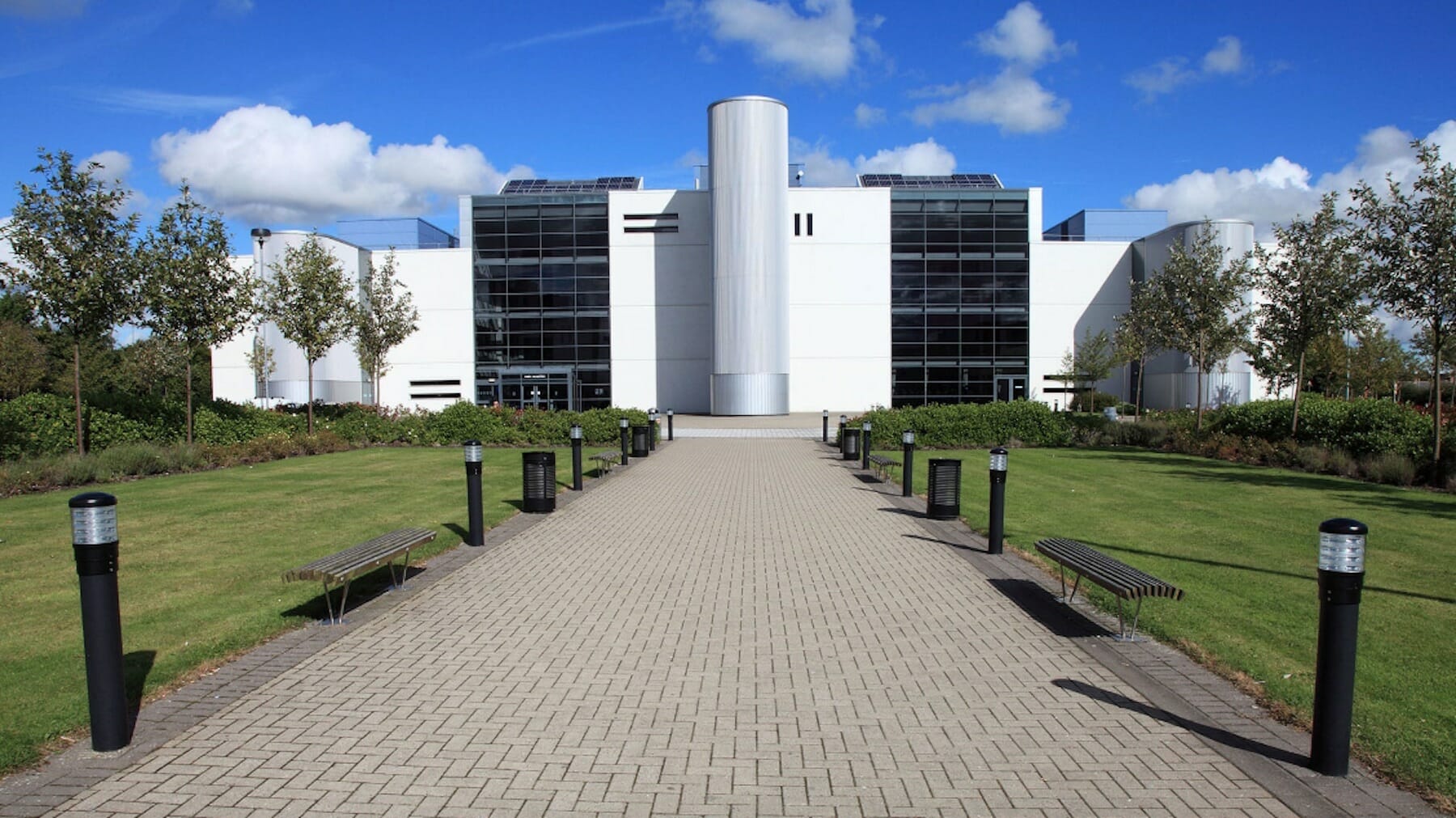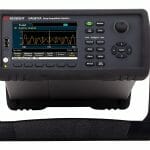|
New College Durham is a higher education and sixth form college in County Durham, England. The institution has been actively working on making sustainability and carbon reduction a key element of its operations for many years. The college management has previously implemented energy saving schemes that include solar power, rain water harvesting and Building Management System (BMS) optimisation.
Following discussions with Danfoss business partner, Digicon Solutions, the college decided to install Danfoss VLT® FC102 HVAC Drives in 30 Air Handling Unit Fan (AHU) applications. The drives were integrated into the existing CYLON BMS with kWh consumption data being analysed over the entire site.
The VLT® HVAC FC 102 Drive brings optimized process control to all heating, ventilation and air conditioning (HVAC) applications. Easy to use and to install, the drive features a wide range of functions specifically developed for use with pumps, fans and compressors to save energy, meet environmental regulations and reduce costs in modern buildings.
Prior to installation of the drives, all the AHU Fans on the College’s sites operated at full speed all the time, wasting a lot of energy. To remedy this, carbon dioxide sensors were installed in the AHU return air ducts and connected through the BMS, which enabled the actual occupation level of each individual area being served to be measured and controlled. The speed of the fans was then automatically reduced or increased by the drives to provide the exact rate of air exchange needed to maintain a healthy and comfortable environment.
“We are very happy with the newly implemented system which has provided the outcomes predicted in the initial survey from Digicon,” explained Richard Newton, Estates Manager from New Durham College. “We’ve made very large energy savings thanks to the accurate control the new inverter drives have provided over the air moving systems within the College. The big benefits we’re getting have led us to looking into other applications within the building where there is potential for using inverter drives to move from fixed speed to variable speed operation, and we already have several new applications in mind.”
In the twelve months since the project was implemented, the energy savings produced by the Danfoss’ VLT® FC102 HVAC Drives have been reflected in the improvement in the College’s already outstanding Energy Performance Operational Ratings, which are included in the building’s DEC (Display Energy Certificate). The rating for the main building has improved from 60 to 55, while the sports and music building has improved from a rating of 57 to 54.
“We have quickly discovered that the benefits of using Danfoss’ inverter drive technologies are not limited to energy savings,” said Richard. “They have also reduced the need to change filters and belts within our many AHUs because we pull less air over a given period through the filters, which means they last proportionally longer. In addition, the drive belts are less stressed due to the controlled starting and stopping, so they also last longer. This has led in turn to saving physical resources and financial outlay. We are very pleased with the results we have seen from working with Digicon and the Danfoss drives!” added Richard.







